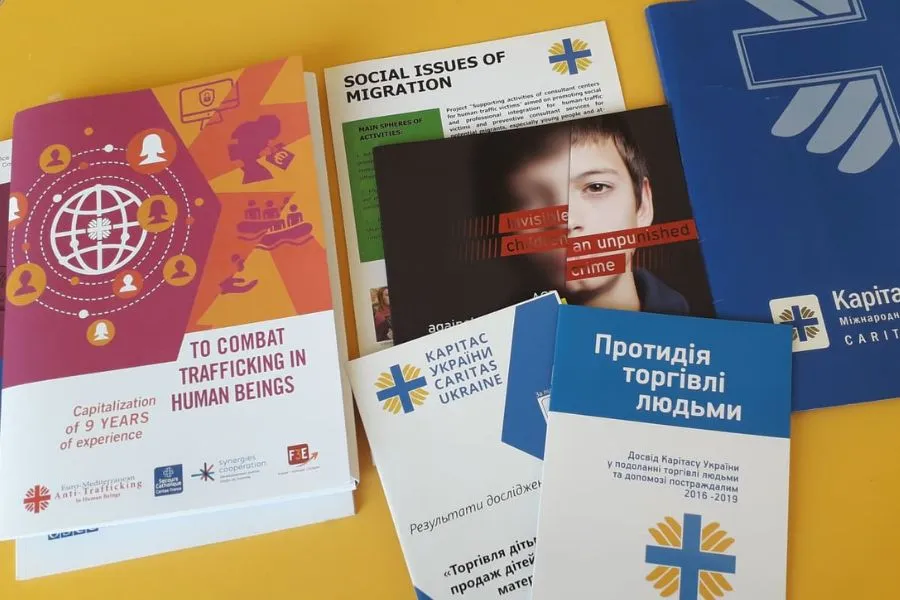In a statement shared with ACI Africa on Friday, July 28 CI says that failure to prevent human trafficking and to support survivors of the act not only leaves the vulnerable groups at risk but also “signifies leaving people behind.”
The global confederation of Catholic relief agencies human trafficking remains “an affront to the dignity and wellbeing” of around 27.6 million victims worldwide.
According to CI, 71 percent of the human trafficking victims are women and girls, and 29 percent are men and boys).
The development arm of the Catholic Church regrets that human trafficking is “a complex and often hidden issue, and accurate data on the number of victims is difficult to determine as many victims are not adequately identified.”
Expressing their strong opposition against all forms of trafficking, including forced labor and sexual exploitation, CI officials say the inhuman act that perpetuates exploitation, enslavement, and the violation of fundamental human rights is complex and multifaceted as it affects everyone irrespective of age and gender.
“As a confederation of 162 national organizations working together across the globe, CI stands in solidarity with victims and survivors of trafficking and is resolute in its efforts to end this modern-day form of slavery,” CI Secretary General Alistair Dutton says in the statement.
He says that in partnership with different actors including the Christian Organizations Against Trafficking Network (COATNET), CI is raising awareness about human trafficking through supporting survivors, and by promoting effective policies.
“Policies such as enforcing and strengthening laws and addressing underlying causes such as poverty, inequality, conflict, and discrimination are key to addressing human trafficking,” the Secretary General of CI says.
CI has also called upon governments across the world to prioritize crime-prevention actions, strengthen and effectively enforce laws to protect victims, and adopt survivor-centered approaches.
The entity underscores the need to promote socio-economic development, education, and equal opportunities to address and overcome the root causes of trafficking.








